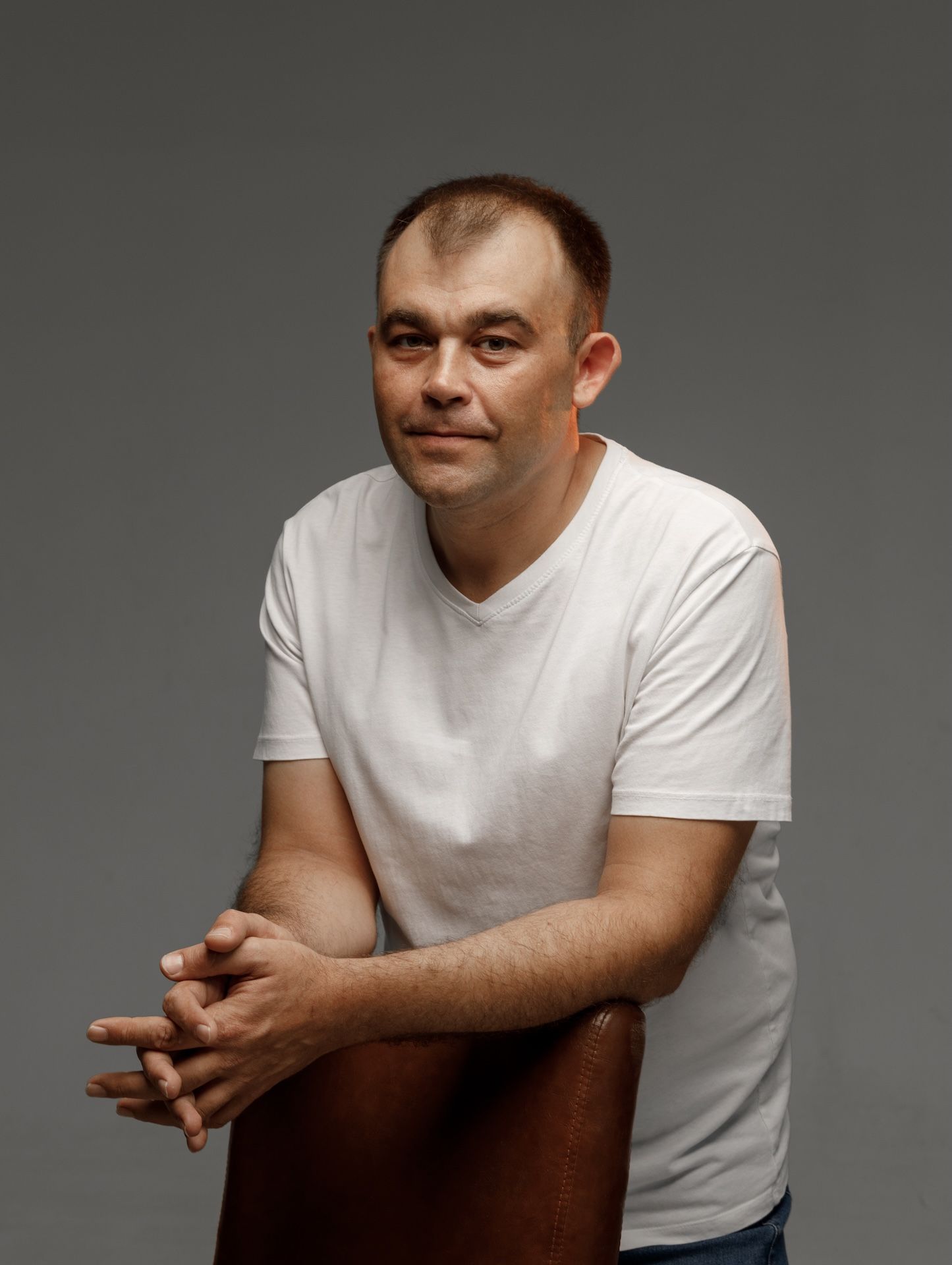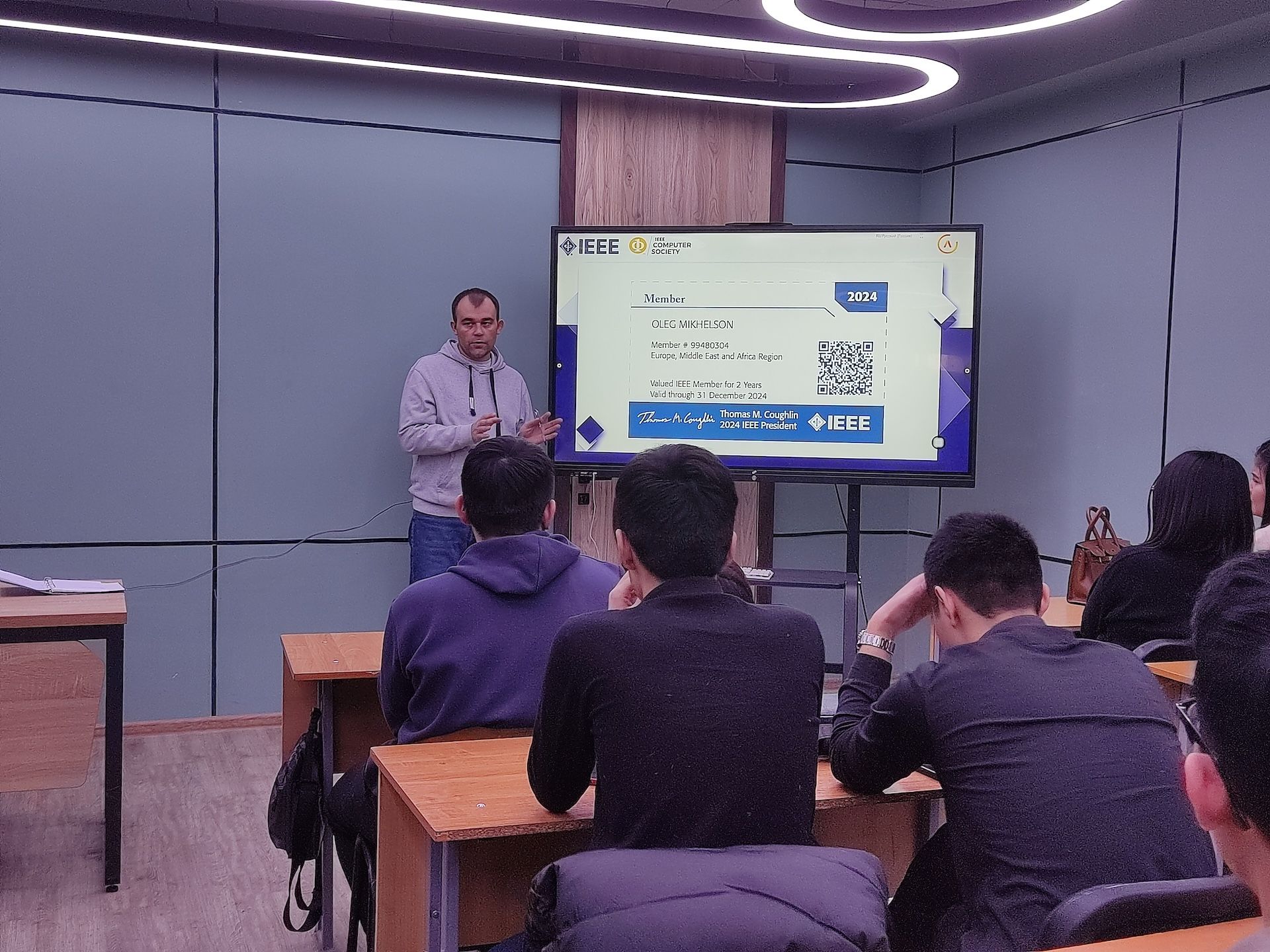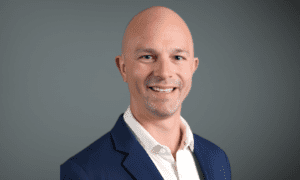In the world of digital commerce, infrastructure rarely makes headlines – until it fails. But what if failure simply doesn’t happen?
That’s the question answered by Oleg Mikhelson, an infrastructure engineer from Kazakhstan whose creation, PostgreCare, earned Gold at the 2025 ECDMA Global Awards in the category Infrastructure Automation & Optimization for E-Commerce. His tool didn’t rise to prominence through marketing or venture funding. It gained recognition through code that asked for no attention—and never broke under pressure.
Who Is Oleg Mikhelson?
Born and based in Aktobe, Kazakhstan, Mikhelson has spent more than two decades building systems that quietly power essential services. His engineering work has supported everything from small and mid-sized business platforms to infrastructure used by major oil companies, leading universities, and global professional services firms, including members of the Big Four – domains where reliability isn’t optional.
“I’ve always been drawn to the invisible layers,” he says. “The code no one notices until it breaks. My job is to make sure it never does.”
Those who have worked with Mikhelson describe him as a deeply analytical thinker and an early problem solver. He is known for his ability to identify failure points long before they surface. While others chase visibility, he builds with longevity in mind. In regions where infrastructure fragility can carry real economic costs, he has earned a quiet reputation as a respected figure in backend systems design.
The Tool: PostgreCare
At the core of his recent recognition is PostgreCare – a lean, self-hosted automation framework for PostgreSQL maintenance, built entirely in Go. Designed for systems under OLTP workloads, it was engineered to eliminate the operational burdens that often fall on early-stage and small to mid-sized businesses, where database upkeep is handled by founders or a single technical specialist rather than a full operations team.
PostgreCare operates quietly and predictably. It performs scheduled backups, monitors system health, applies performance tuning, and handles routine database maintenance without disrupting traffic or requiring constant attention. Its design embraces simplicity over abstraction – precisely the kind of thinking that makes tools resilient, portable, and dependable under pressure.
Mikhelson never intended it for enterprise environments with dedicated DevOps teams. Instead, he built it for the kind of businesses where infrastructure needs are real, but resources are limited. As word of its effectiveness spread, PostgreCare began gaining adoption across Central Asia, where individual developers and entrepreneurs integrated it into mission-critical fintech, logistics, and e-commerce applications – not with fanfare, but with visible results.
The Award That Broke the Silence
The ECDMA Global Awards are regarded as a benchmark of excellence in digital infrastructure. In 2025, the program received more than 350 submissions representing over 30 countries.
The jury included professionals and experts from leading global companies such as Amazon, Google, Cisco, PayPal, and Deloitte. Submissions were evaluated based on innovation, execution quality, real-world impact, and relevance to the nominated category.
To receive a Gold Award, a project must score at least 90 points across these dimensions. Only a small number of entries reached that level – and PostgreCare was one of them.
In their deliberation notes, one judge described Mikhelson’s solution as “a masterclass in quiet engineering – elegant, practical, and deeply effective.” Another highlighted its potential to “reshape expectations around backend automation for emerging markets.”
This formal recognition by a globally representative jury affirms Mikhelson’s extraordinary technical ability and the lasting significance of his contribution to the field.

Oleg Mikhelson
Real Impact, Not Just Recognition
Though PostgreCare has never been marketed publicly, internal benchmarks from its users reflect the scale of its influence. Several adopters have reported substantial reductions in downtime and maintenance workloads, with improvements in operational stability visible within weeks of deployment. These outcomes have helped lean teams avoid costly infrastructure overhauls and scale more confidently under growing transactional load.
Mikhelson is now preparing the next version of PostgreCare. It will include machine-learning-based anomaly detection and predictive recovery features – but without sacrificing the tool’s signature simplicity. In his words, “The hardest thing is to build something that works – and stays quiet.”
Beyond the Code
Mikhelson’s influence within the engineering community extends beyond his software contributions. He is a Senior Member of the IEEE, one of the world’s leading professional associations for advancing technology, and holds the status of Fellow within the Hackathon Raptors Association, a collaborative network of technology professionals known for organizing and supporting international innovation events.
Over the past three years, he has been invited to serve as a judge at several prominent hackathons and technology award programs, including the Burning Heroes AI for Humanity Hackathon, Mental Health hackathon and a number of respected industry competitions.
In parallel with his technical work, Mikhelson regularly delivers guest lectures at universities, including Zhubanov University sharing his knowledge with students and early-career engineers. His mentoring philosophy is rooted in clarity, humility, and long-term thinking – and in the belief that robust systems are those which anticipate failure and recover gracefully.
“Reliability isn’t about perfect code,” he often tells his audience. “It’s about designing systems that accept what can go wrong – and recover before anyone notices.”
A Quiet, Global Legacy
Oleg Mikhelson never set out to win awards. He set out to solve problems that most users never see – but feel every time a system crashes. That pursuit of invisible excellence has now been recognized at the international level, by peers from some of the most influential organizations in the world.
In a tech culture that often values noise, acceleration, and hype, Mikhelson’s story offers a quiet counterpoint.
True infrastructure success isn’t loud. It simply doesn’t fail.
About the ECDMA Global Awards
The ECDMA Global Awards recognize excellence in infrastructure, software, and marketing solutions supporting the global digital economy. The program is judged by a panel of senior professionals and experts from across the technology industry and is respected for its structured, impartial evaluation process. Gold is awarded only to projects that demonstrate outstanding merit, global applicability, and proven impact.
More at awards.ecdma.org

































